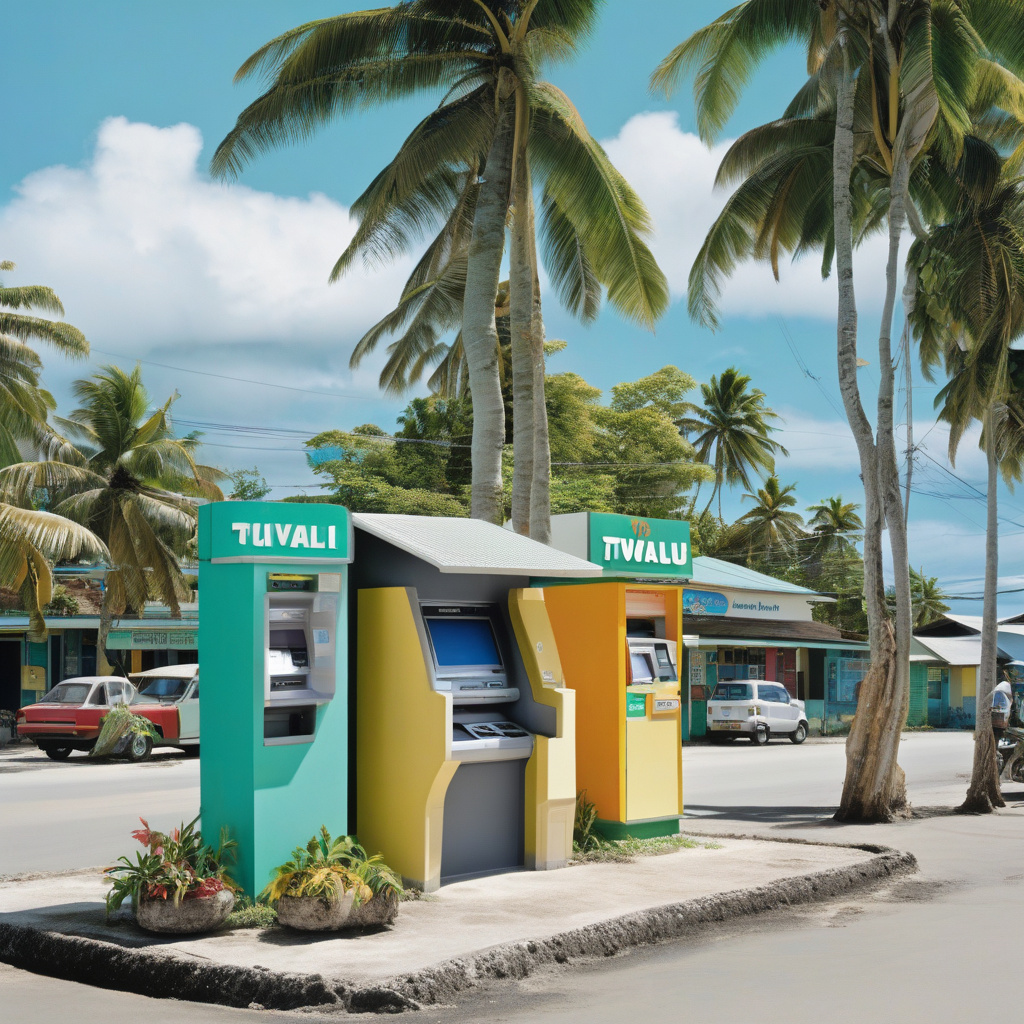Cash-only Tuvalu Embraces Electronic Banking with New ATMs
In a significant leap towards modernization, the remote island nation of Tuvalu has recently introduced ATMs and point-of-sale systems to cater to the growing demand for electronic banking services. Previously known for its cash-only economy, Tuvalu’s embrace of technology in the financial sector marks a pivotal moment in the country’s economic development.
Located in the Pacific Ocean, Tuvalu is composed of nine small islands with a population of approximately 11,000 people. The introduction of ATMs and point-of-sale systems represents a fundamental shift in how financial transactions are conducted in the country. With limited access to traditional banking services, the new electronic banking infrastructure is set to revolutionize the way Tuvaluans manage their finances.
The implementation of ATMs in Tuvalu brings a host of benefits to both residents and businesses. One of the primary advantages is the convenience it offers to individuals who no longer have to rely solely on cash for their day-to-day transactions. Whether it’s withdrawing money, checking account balances, or making purchases, the new ATMs provide a level of accessibility and efficiency that was previously unavailable in Tuvalu.
Moreover, the introduction of point-of-sale systems enables local businesses to accept card payments, opening up new opportunities for growth and expansion. By embracing electronic payments, merchants can attract a broader customer base, including tourists who may prefer using cards over cash. This shift towards a more digital economy has the potential to stimulate economic activity and foster greater financial inclusion in Tuvalu.
The transition to electronic banking is not without its challenges, however. As with any technological advancement, there are concerns about cybersecurity and data privacy that need to be addressed. Given Tuvalu’s limited experience with electronic banking, efforts must be made to ensure that the new systems are secure and resistant to potential threats. Collaborating with international partners and leveraging their expertise in cybersecurity could help Tuvalu navigate these challenges effectively.
Furthermore, promoting financial literacy among the population will be crucial in maximizing the benefits of electronic banking. Educating Tuvaluans on how to use ATMs and point-of-sale systems safely and effectively can help build confidence in the new technology and encourage its widespread adoption. By investing in financial education programs, Tuvalu can empower its citizens to make informed decisions about their money and take full advantage of the electronic banking services available to them.
Overall, the introduction of ATMs and point-of-sale systems in Tuvalu represents a significant milestone in the country’s journey towards economic modernization. By embracing electronic banking, Tuvalu is not only keeping pace with global trends but also creating new opportunities for its people to thrive in an increasingly digital world. As the country continues to evolve, the impact of this technological advancement on Tuvalu’s economy and society is likely to be profound.
Tuvalu, ATMs, Electronic Banking, Financial Inclusion, Economic Development












